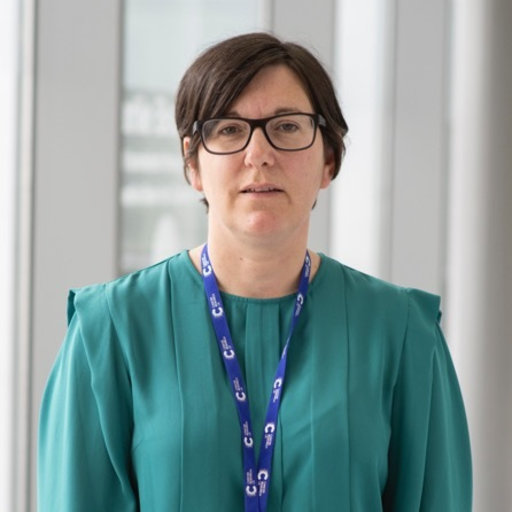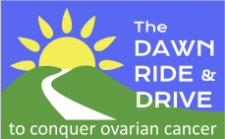About the project
Recruitment status: Not yet open
In Canada, many women are diagnosed with stage 4 ovarian cancer that’s progressed too far to be eligible for surgery and are referred to oncologists to have chemotherapy known as ‘neoadjuvant chemotherapy’. Neoadjuvant chemotherapy works in about 60% of cases, and it is used in hopes of shrinking the cancer before surgery. However, despite this treatment, over 80% of women see their cancer return within 18 months, eventually becoming resistant to further treatment. Newer treatments like PARP inhibitors can help prevent cancer from coming back, especially in women with specific genetic mutations. But for those without these mutations, the benefits of chemotherapy followed by PARP inhibitors are limited, with many experiencing cancer recurrences within a year.
To improve outcomes for these women, a new study proposes a different approach. Instead of neoadjuvant chemotherapy, researchers will investigate a combination of three targeted cancer treatments: the PARP inhibitor Olaparib, an immunotherapy called Durvalumab, and a drug that blocks the cancer’s blood supply, Bevacizumab. Preliminary results from a small trial called MEDIOLA showed promising results with this combination, regardless of genetic status. Over 80% of women benefited from the treatment, and it was found to be safe. This new study, called NEOCATS, will offer this triplet treatment to eligible women with advanced stage 4 ovarian cancer, who aren’t suitable for immediate surgery and don’t have BRCA mutations. The main goal of NEOCATS is to assess how well the triplet treatment controls the cancer and increases the chances of successful surgery compared to standard chemotherapy. Participants will be closely monitored for any new side effects, and the study will provide valuable insights into the long-term benefits of this new approach. If successful, a larger trial may be needed to confirm whether the triplet treatment is better than chemotherapy. This study represents a novel approach in the neoadjuvant treatment of high-grade serous ovarian cancer, potentially offering new hope to women facing this challenging disease.

Clinical study lead Dr. Yvette Drew





